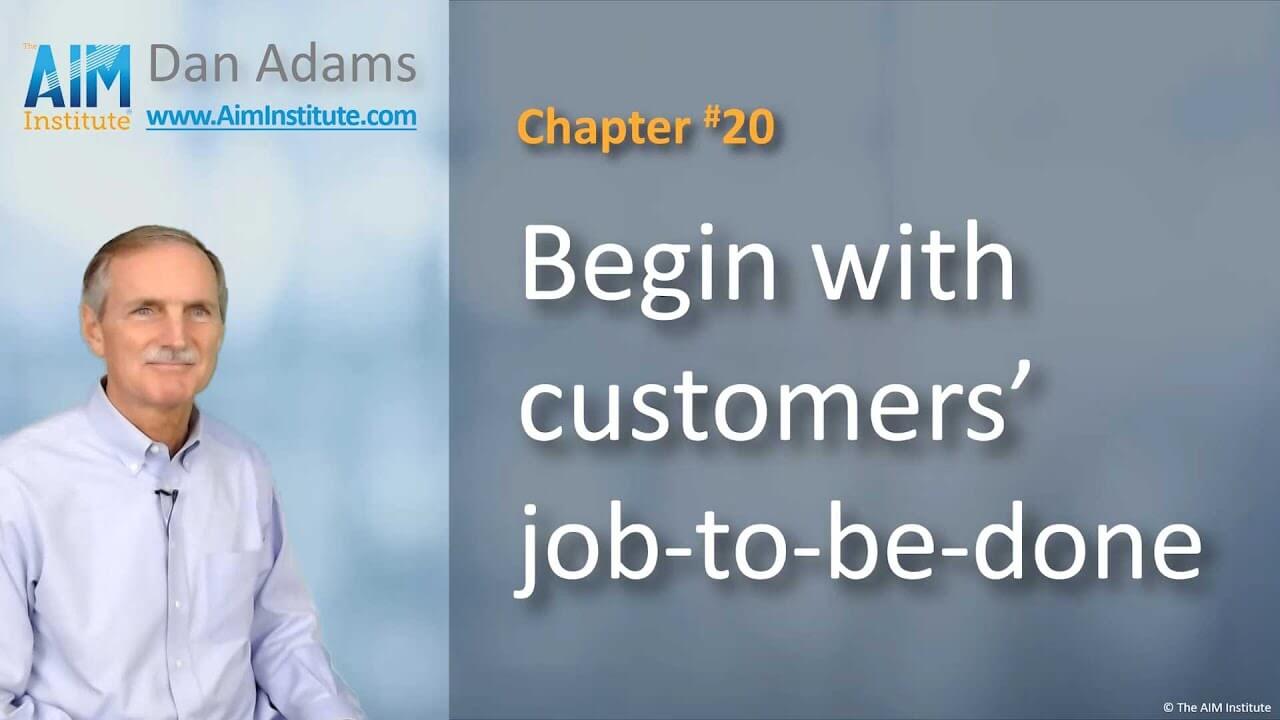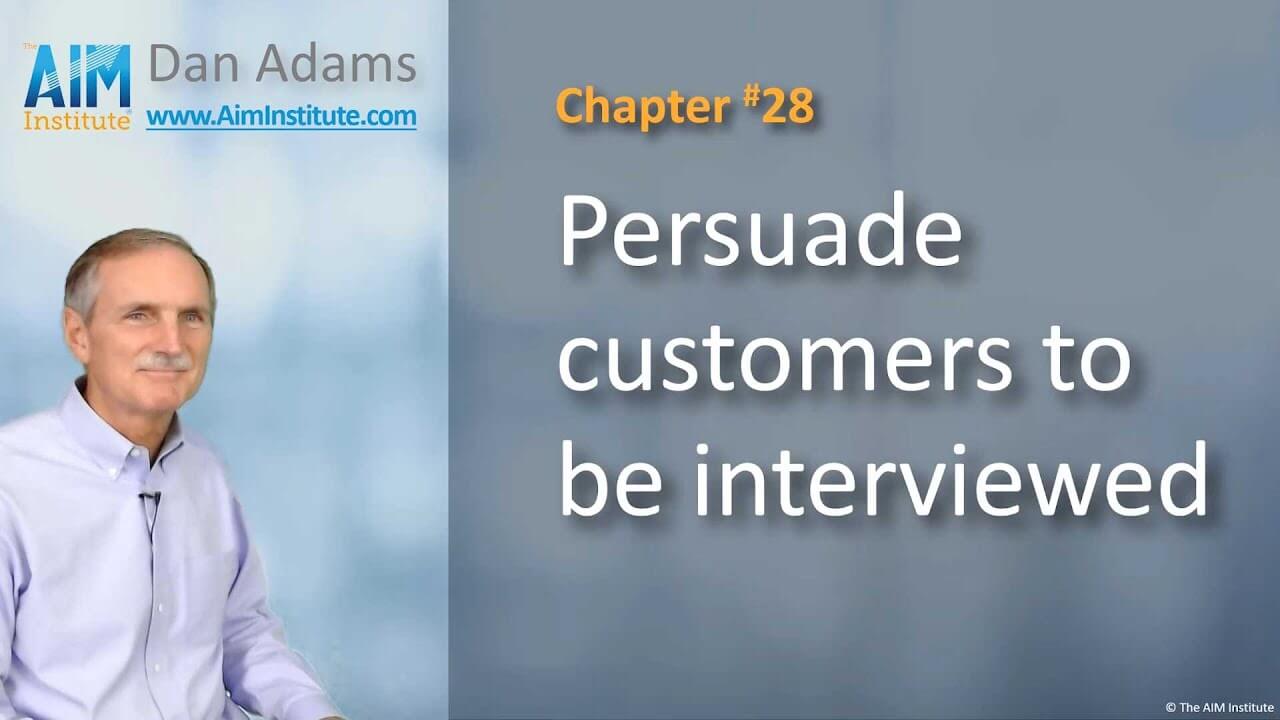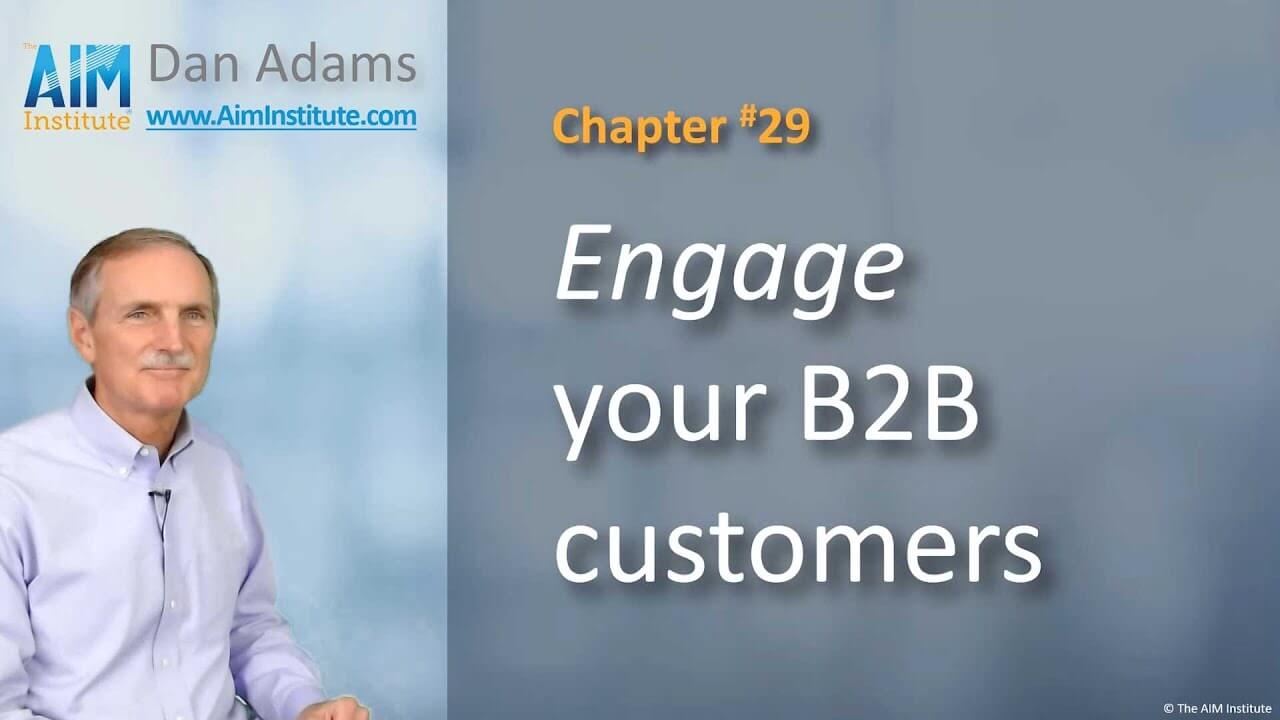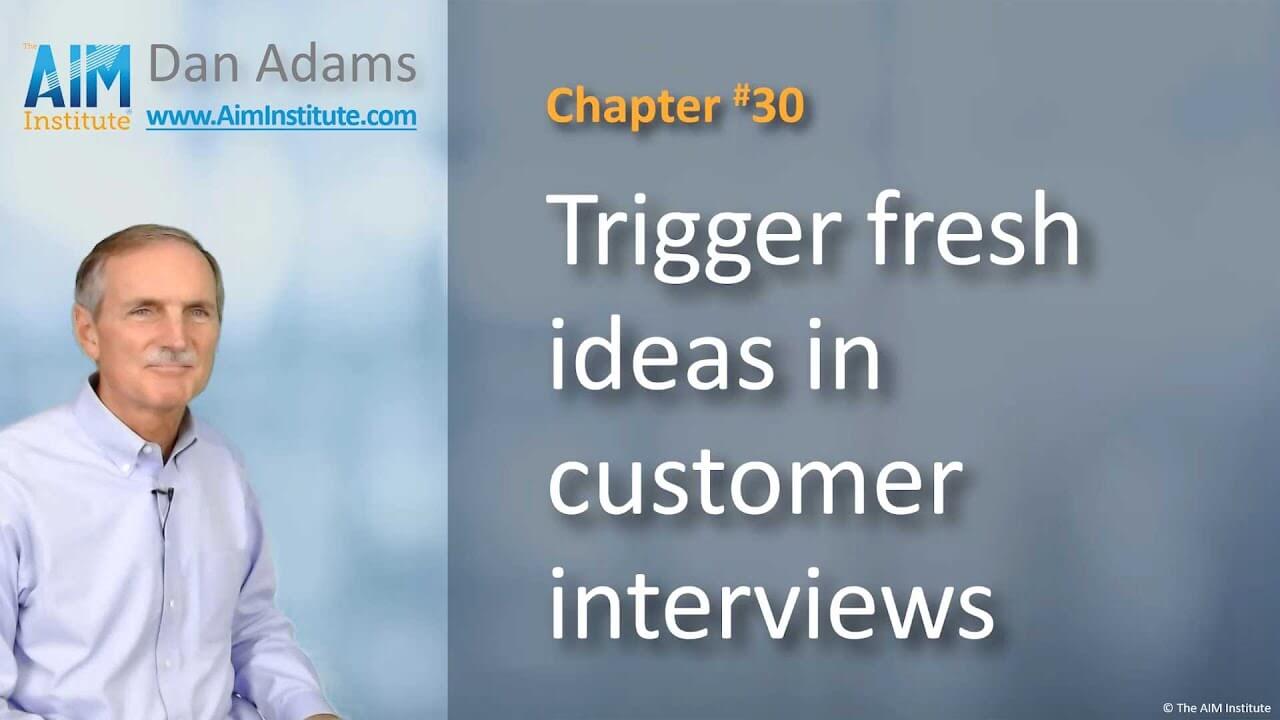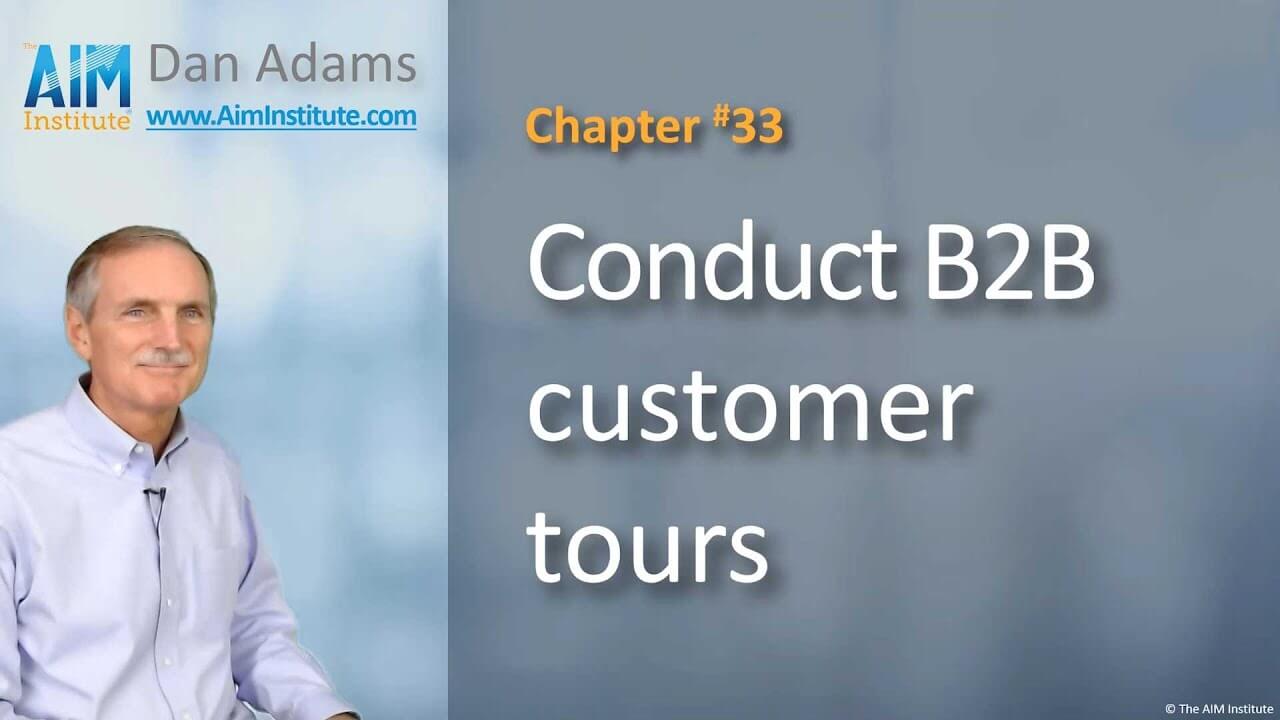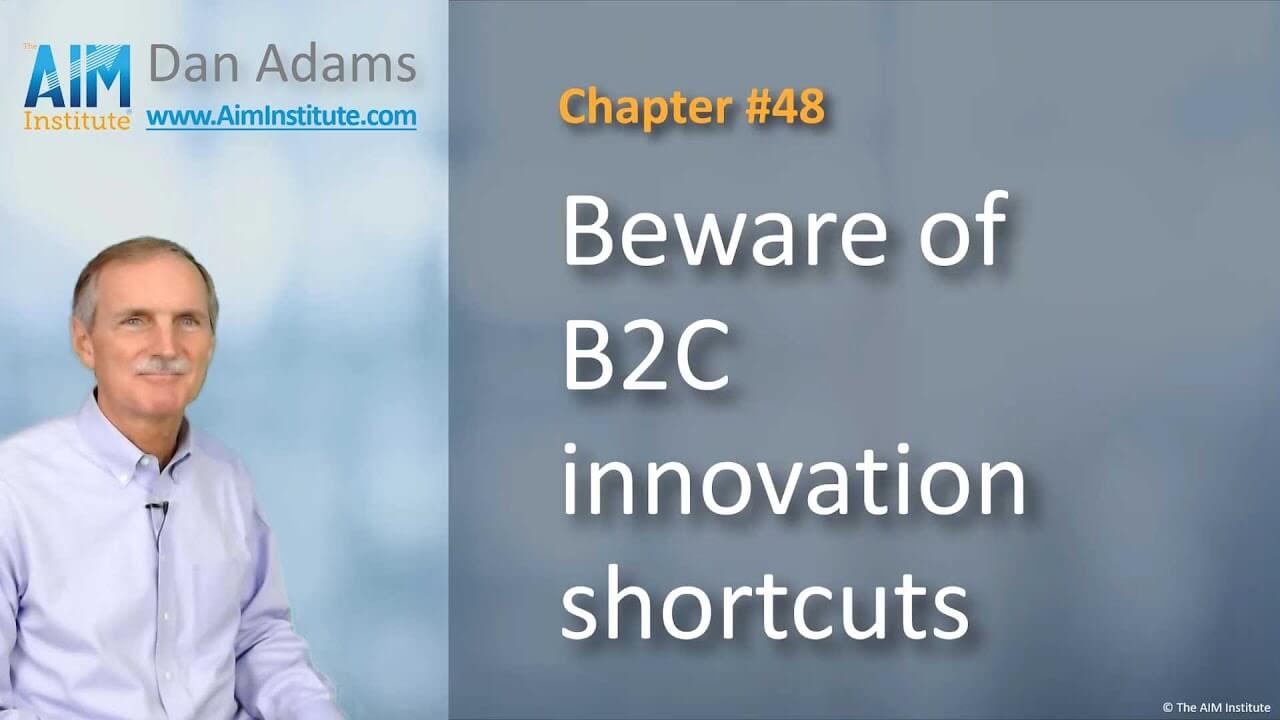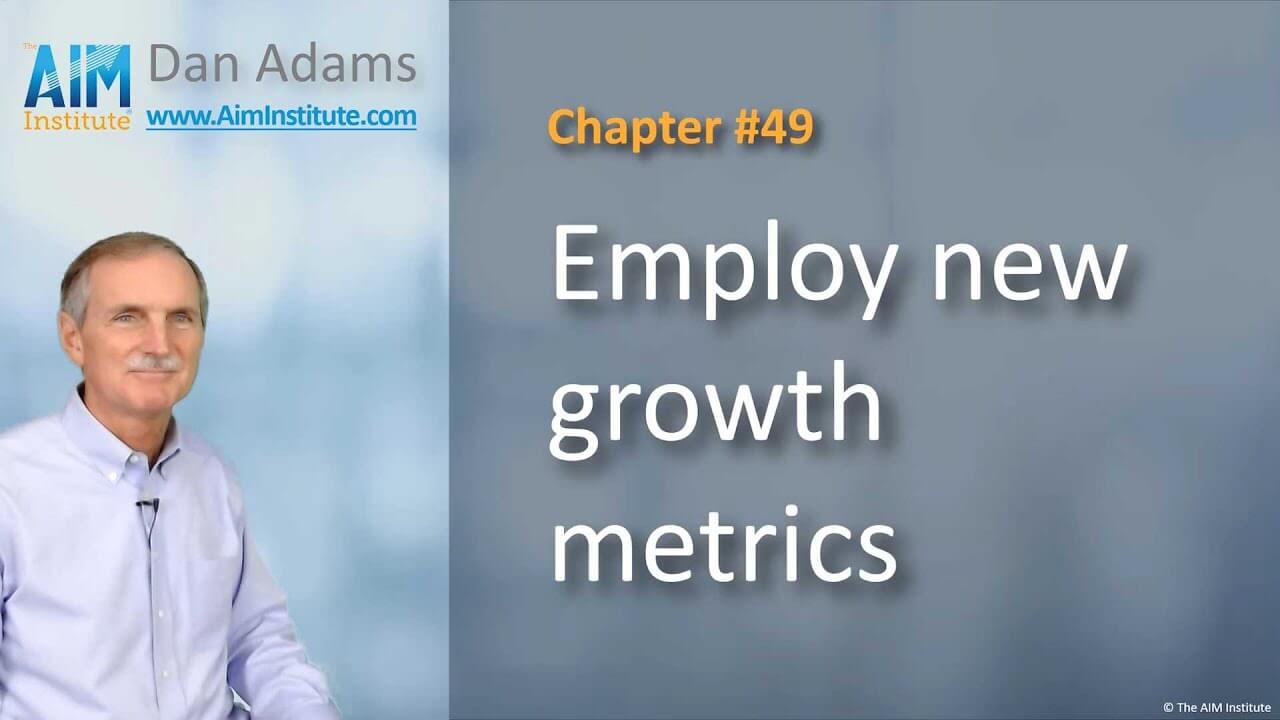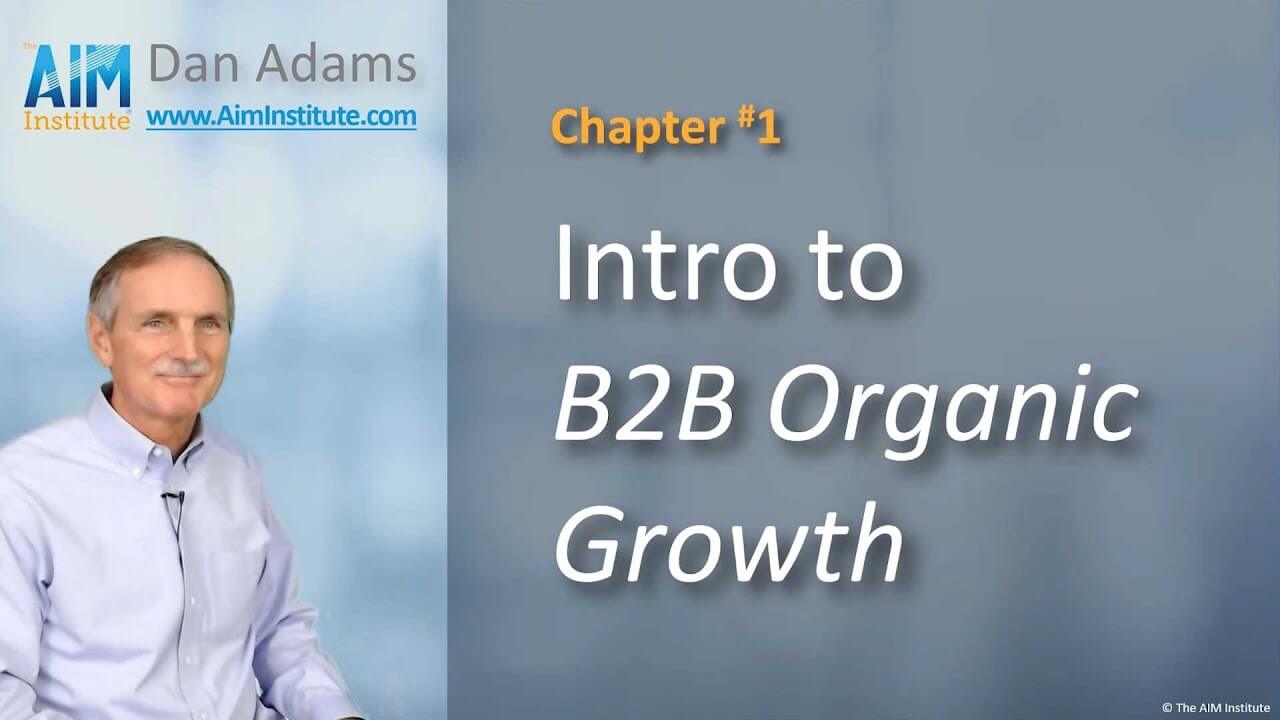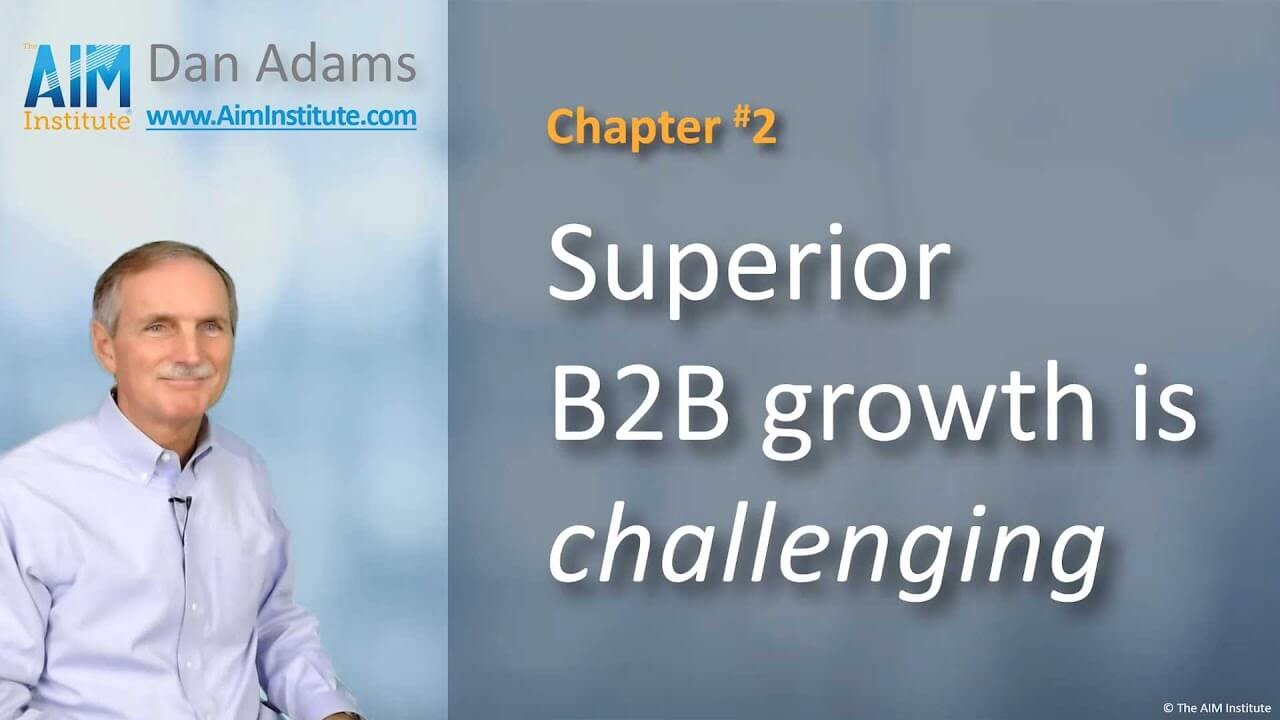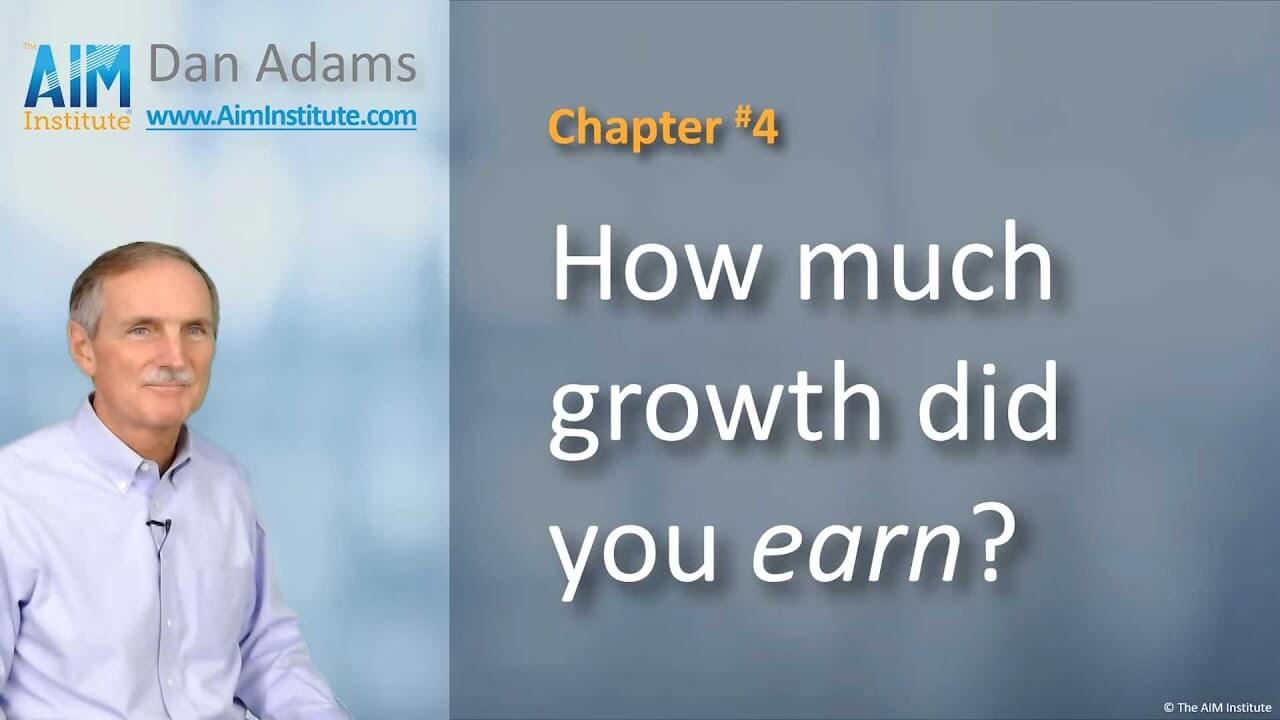The B2B Index is a free website tool that lets you calculate “how B2B” your markets are. You can download a booklet loaded with advice for “early-stage” and “late-stage” marketing.
In the last chapter, you learned about B2B advantages. But just calling something B2B or B2C can be imprecise. even misleading. If you send me out to buy a stapler for our office, it’s a B2B purchase. But my knowledge, interest, and objectivity will be much less than when I buy a new car as a B2C customer.
So we created the B2B Index that measures your customer’s knowledge, interest, objectivity, foresight, and industry concentration. The dress belt market might have a B2B Index—a total score—of only 17. But the market for conveyor belts might be 84, making it “very B2B.”
Why do we love B2B markets? The higher your B2B Index, the higher your engagement potential. Which means you can have intelligent conversations to understand customer needs and “prime” them to buy your new product later.
Without this framework, you can make some poor business decisions. For instance, what if someone said, “Let’s begin our new product development by showing customers an early prototype”? If customers have high knowledge and foresight, why not have an intelligent conversation about their needs before jumping to your ideas?
What if someone said: “Let’s conduct individual qualitative customer interviews.” Don’t stop there. Take advantage of high objectivity by conducting quantitative interviews with a group of contacts at your customer. As they discuss and debate, you’ll learn much more and get firm design targets.
There are far too many costly mistakes to cover here. So check out this free service, where you answer questions about customers in your target market, and create your own custom report… which includes your B2B index and recommends market-specific best practices for many early stage and late-stage marketing tasks.
So now you know why this series is all about B2B organic growth. We’ve got some wonderful advantages. And here’s even better news: Your competitors are probably overlooking them.




